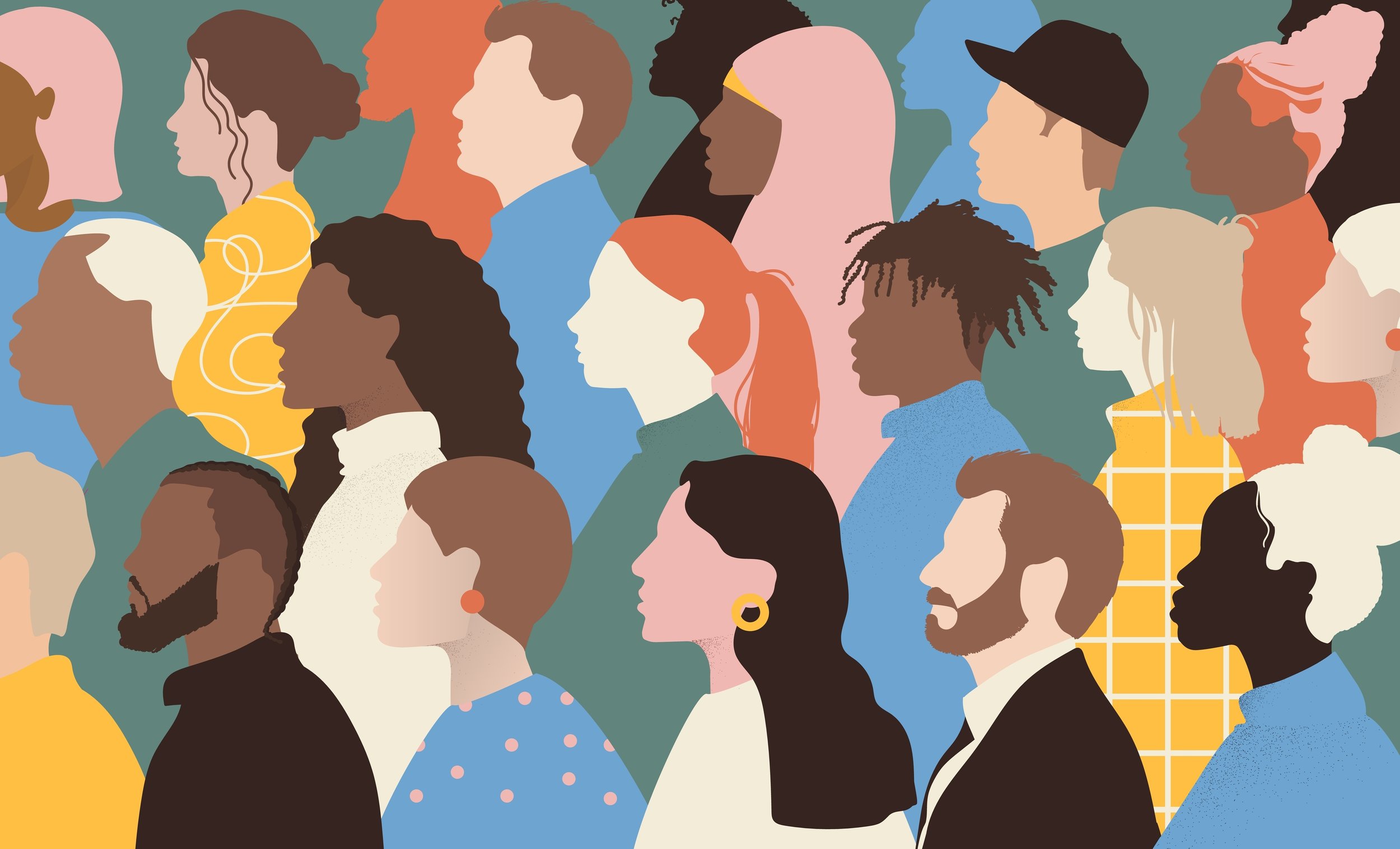Creating New & Innovative IDs through Digital Diaspora Open Innovation Project in HATLAB Studio
Statement from Professor Irene Ng’s keynote on 26 June 2024 at the International Conference of AI and Digital Economy (CADE 2024) in Venice, Italy.
We live in a world where our identity is becoming more and more narrowly defined. When we open bank accounts or do anything with the law, we have to provide a set of credentials that can be verified. By now, most of us have been KYC-ed – “know your customer; a process that requires companies to identify you with your ID, such as passport or driving license, so that they are compliant with the law when dealing with you. (I like to pronounce KYC-ed as “KISS-ed”)
The new eIDAS (electronic IDentification, Authentication and trust Services) regulation in Europe aims to ensure that requests for digital identity authentication follows a standardized format that would promote interoperability and engender trust. That is a noble aim.
However, as we use our digital identity more and more, we become defined by it. This is worrisome, because digital identities are currently not social, fluid, or negotiated in the way our real identities are. In real life, we have multiple personas and we are different people when we interact in different contexts. Digital identities currently cannot accommodate that.
Instead, in the digital realm, we run the danger of being reduced to the fixed identities and labels that the digital IDs have made us. We become defined by our labels – our age, gender, race, even our name. This makes identity rigid and fixed. This narrowness of our identity can have wider societal impact as we start to see differences instead of similarities. Gradually, we become more polarised as a community. This is already happening in many places.
Let me use an analogy: When there is an open field in front of us, we are free to cross to the other side in any way we wish. When someone creates a road, we will use it because it’s convenient; there are no snakes, someone provided a rest stop, and there are shops, etc. After a while, we would have forgotten how it feels like to walk free across the field and we stick to the road. This is how our behaviours are programmed. Fifty years ago, when we woke up in the morning, we did different things. Today 73% of us reach out for our phones; 76% of us eat toast. Our behaviours are programmed by the goods and services we buy and are therefore programmed by the markets we engage in.
Our identity, once digitalized and frequently used, should not diminish us. Instead, our identity in its full richness should liberate us to become global, inclusive communities. It is against this backdrop that we are launching the Digital Diaspora Open Innovation Project with the CheckD Dataswyft Wallet.
With CheckD, you can create any ID in minutes and issue it to your community. Coming into CheckD to issue IDs are yoga club members, student clubs, entrepreneurs clubs, and many others. Our wish is to liberate the use of ID for everyone of us to have digital ID personas that can capture who we are, privately, as well as allowing us to interact with the world with whichever persona we prefer.
Today, I am pleased to announce Dataswyft’s Digital Diaspora Open Innovation Project (DDP) in the HATLAB Studio to create new and innovative IDs. This is in conjunction with the Digital Diaspora Project of the HAT Community Foundation, which aims to widen the understanding and use of digital identities. Dataswyft is proud to contribute to this aim.
Through HATLAB Studio, any public ID badge on CheckD would be free to issue for badge issuers and badge holders in the DDP. If two badge issuers are issuing similar public ID badges (eg national diaspora ID), the HAT Community Foundation will be involved, working together with badge issuers in standardizing the badges and their rules.
Dataswyft platform is FCA regulated to take banking and payments data. In the next few months, payments data will enable the creation of verified badges such as age and income verification.
Data from any app with a Dataswyft Wallet can also be used to create badges, and we welcome our HATLAB Studio community to participate in this initiative. Let’s make identity personal, private, self-sovereign, and let’s celebrate the richness of our humanity phygitally – in both our physical and digital lives.
To find out more, visit the studio project page.
HATLAB Studio’s next virtual studio coffee on 26 June, 2024 (07:00 PDT; 10:00 EDT; 15:00 BST; 16:00 CEST; 22:00 MYT)will be held live from CADE 2024) in Venice, Italy. Join Irene Ng as she discusses the Conference activities, the launch of her white paper, Edge markets for the usage of data and digital assets, the Dataswyft Wallet, and the alpha release of the CheckD Dataswyft Wallet itself.

